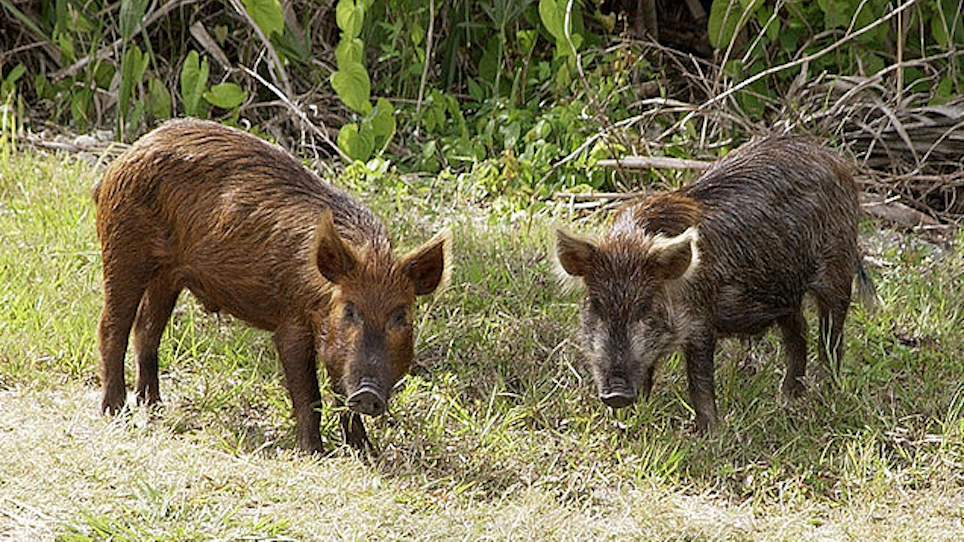The war on feral hogs is intensifying in Alabama and nine other states with almost $17 million from the United States Department of Agriculture for site-specific removal projects.
Ten states will receive the money from the U.S. Department of Agriculture as part of its Feral Swine Eradication and Control Pilot Program (FSCP). The program is a joint effort between the USDA's Natural Resources Conservation Service (NRCS) and Animal and Plant Health Inspection Service (APHIS)
Alabama joins Arkansas, Florida, Georgia, Louisiana, Mississippi, North Carolina, Oklahoma, South Carolina and Texas in receiving the money. Feral hogs are prevalent throughout the Southeast and Southwest.
“We are very pleased to see additional resources being allocated to combat agricultural damage caused by feral swine,” Jimmy Parnell, president of the Alabama Farmers Federation, told the Alabama Reporter. “Increased federal funding for control efforts has been a priority for the Federation and this, in addition to increased funding through the annual appropriations process, will go a long way to support our farmers as they manage feral swine.”
The USDA’s Fish and Wildlife Service helped secure the money for Alabama.
“Feral hogs damage forests, cattle range, and fruit and vegetable operations, as well as row crop acreage,” said Federation Wildlife Division director William Green. “No aspect of agriculture is exempt from feral swine destruction.”
The 2018 Farm Bill provides $75 million for the FSCP over the life of the farm bill. They're more common in southern Alabama and rural areas in the Southeast.
"We get calls about feral hogs or wild pigs regularly like weekly,” Capt. Heath Wells, District IV supervistor with the Alabama Department of Conservation and Natural Resources, told WTVY.com. “Ninety-five percent of the time it's in rural areas."
"It's illegal to move them out of the trap or wherever they're caught alive because they are a nuisance and we don't want that nuisance to spread," Walls said.
After being trapped, the hogs should be killed and disposed of properly.
"A lot of times you have to trap the hogs inside the city limits," Wells said, "which sometimes trapping hogs is the better way to get rid of them anyway. If you're really wanting to get rid of them, you can get rid of more quicker that way."






